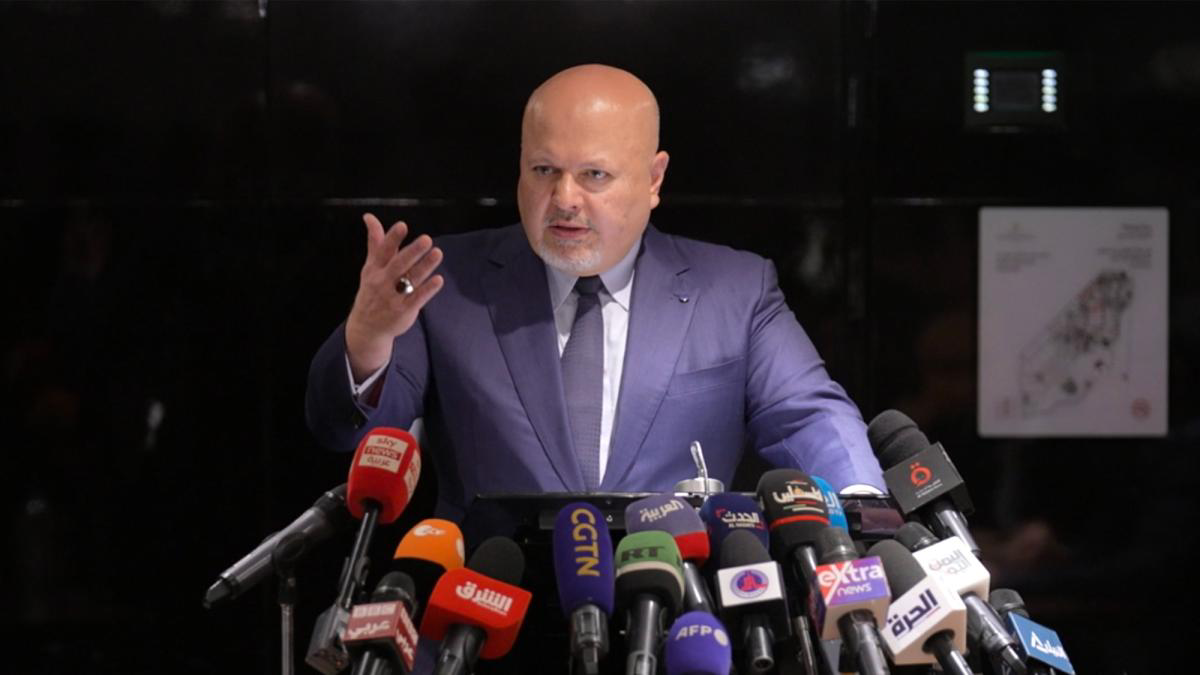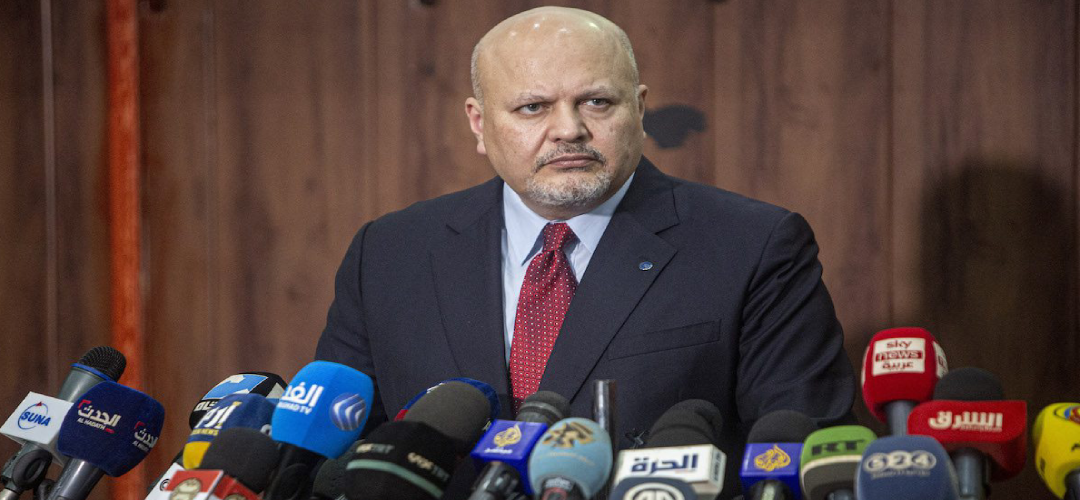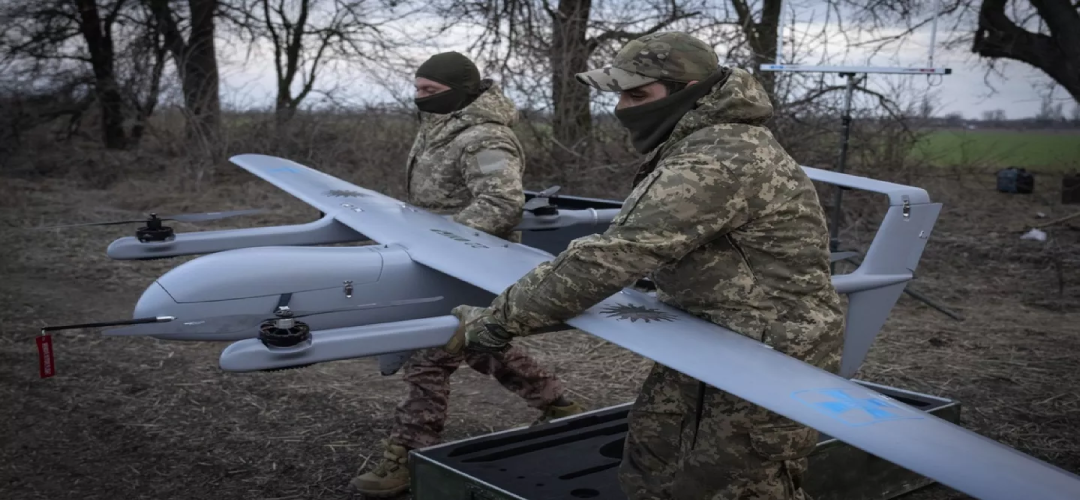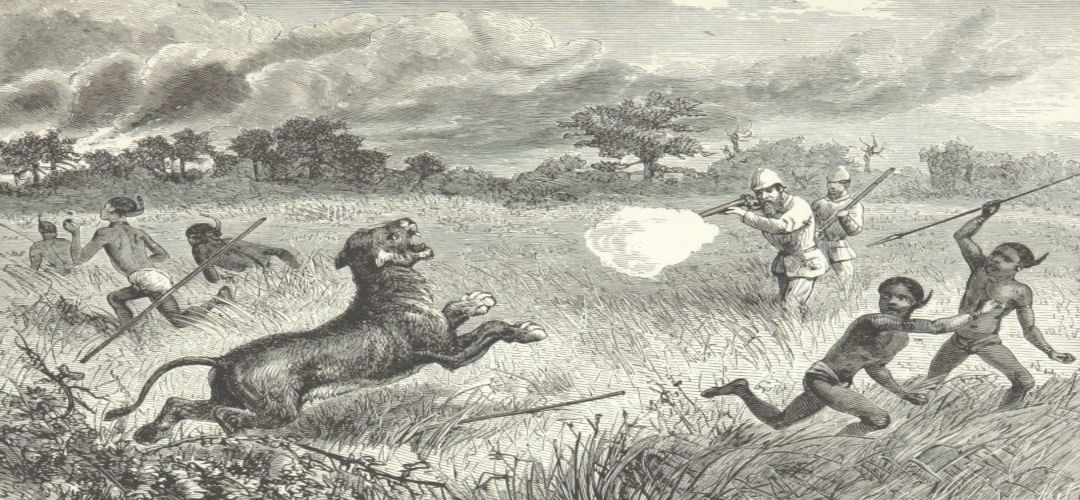In a ground-breaking move, the ICC Prosecutor seeks arrest warrants for both parties in the Gaza conflict. Will it stop the fighting?
On May 29, Karim Khan, the Chief Prosecutor of the International Criminal Court (ICC), filed applications for warrants of arrest before Pre-Trial Chamber I of the International Criminal Court in the Situation in the State of Palestine. The warrants were demanded for Israeli Prime Minister Benjamin Netanyahu, Defence Minister Yoav Gallant, and three Hamas leaders: Yahya Sinwar, Mohammed Deif, and Ismail Haniyeh.
Expectedly, both sides of the conflict are equally enraged to be named in the application for arrest warrants as both are firm in their conviction that they are the aggrieved party. The reaction of the global community was also interesting but along expected lines.
Background
Karim Khan, the ICC chief prosecutor, has put forth a compelling argument for seeking arrest warrants against the mentioned Israeli and Hamas leaders. He emphasises that there are ‘reasonable grounds’ to believe that Netanyahu and Gallant bear ‘criminal responsibility’ for the alleged war crimes and crimes against humanity committed during the conflict. Khan’s stance is rooted in the principle of applying international law impartially to all parties involved, regardless of their status. He highlights the obligation of all states, including Israel, to comply with international humanitarian law, even in the face of defending their population.
The charges against Netanyahu and Gallant include causing extermination, causing starvation as a method of war, including the denial of humanitarian relief supplies, and deliberately targeting civilians in conflict. Khan claims to have evidence that Israel systematically deprived civilians in Gaza of “objects indispensable to human survival”, including food, water, medicine and energy, as part of a strategy to use starvation as a “method of war”. Netanyahu and Gallant are accused of bearing responsibility for Israel wilfully causing great suffering and for killing as a war crime. He unambiguously pinpointed the blame for these ‘crimes’ on the top Israeli leadership when he stated, “We submit that the crimes against humanity charged were committed as part of a widespread and systematic attack against the Palestinian civilian population pursuant to State policy. These crimes, in our assessment, continue to this day.”
For the Hamas leaders, the alleged crimes include extermination, murder, taking of hostages, torture, rape and other acts of sexual violence. Khan stated he has “reasonable grounds to believe” that Sinwar, Deif, and Haniyeh are criminally responsible for the deaths of hundreds of Israeli civilians during the October 7 attacks and that captives held by Hamas were subjected to inhumane conditions, with some being raped while in captivity. In his statement, Khan stated, “During my own visit to Kibbutz Be’eri and Kibbutz Kfar Aza, as well as to the site of Supernova Music Festival in Re’im, I saw the devastating scenes of these attacks and the profound impact of the unconscionable crimes charged in the applications filed today”.
The panel of experts assembled by Khan to evaluate the evidence and provide legal analysis has played a crucial role in supporting the arrest warrant applications. Notable figures like Baroness Helena Kennedy and Elizabeth Wilmshurst have brought their expertise in international humanitarian and criminal law to the table. Their findings underscore the gravity of the situation, pointing out that both Israel and Palestine are High Contracting Parties to the Geneva Convention and that there is a belligerent occupation by Israel over parts of Palestine. The panel’s report highlights the alleged war crimes and crimes against humanity committed by Hamas leaders and the intentional targeting of civilian populations by Israeli leaders.
If issued, the arrest warrants would oblige all 124 ICC member states to arrest the individuals if they set foot on their territory. However, the court has no means to enforce the warrants, and both Israel and the U.S. have strongly opposed the prosecutor’s move, rejecting the ICC’s jurisdiction.
The decision has sparked a heated debate about the potential impact on the ongoing conflict and the broader implications for international justice. While some countries and human rights organisations have welcomed the move as a step towards accountability, others have expressed concerns about its diplomatic and political consequences.

Analysis
The ICC Prosecutor’s decision to seek arrest warrants has the potential to significantly impact those individuals’ travel and diplomatic relations. If the warrants are issued, Netanyahu and Gallant would face travel restrictions, limiting their ability to visit ICC member states where they could be arrested. For Hamas leaders like Haniyeh, the warrants could complicate their ability to travel and meet with senior Arab leaders, as they may have to spend more time in their base in Qatar, which does not recognise the ICC.
If the judges find reasonable grounds to believe Netanyahu and Gallant committed war crimes and crimes against humanity, it could strengthen legal challenges demanding an arms embargo against Israel in other courts. However, the ICC has no means to enforce the arrest warrants, and past cases have shown that states often ignore their obligation to arrest individuals with ICC warrants. The UN Security Council could potentially pass a resolution to pause or defer the investigation or prosecution, though this would require the support of powerful states like the U.S.
The world’s response to the ICC prosecutor’s move has been mixed. While some countries and human rights organisations have welcomed the decision as a step towards accountability and justice, others have expressed concerns and criticism. European countries like France and Belgium have expressed support for the ICC and its independence in pursuing the warrants. Human rights activists and experts in international law generally welcomed the ICC Prosecutor’s announcement, seeing it as a “watershed event” in international justice. This initiative by the ICC could have acted as the final trigger for three members of the EU, Spain, Norway, and Ireland, to formally recognise the Palestine state, despite the fact that such a state does not exist within any internationally recognised boundaries.
Israel and the United States have strongly opposed the ICC’s move, with Netanyahu dismissing the court as a “pariah institution” and Blinken stating the decision was “extremely wrongheaded”. The U.S. has pledged to work with Congress to respond to the ICC’s decision, as the U.S. is not a member of the ICC and does not recognise its jurisdiction. Some Palestinians have criticised the ICC Prosecutor for focusing only on the current conflict in Gaza and not addressing other alleged crimes committed by Israel.
There are several concerns surrounding the ICC’s decision to pursue arrest warrants for Israeli and Hamas leaders. The lack of enforcement mechanisms for such warrants, the opposition from key countries like the US and Israel, and the complex political dynamics in the region pose significant challenges. Success in this endeavour will depend on various factors, including the impartiality of the ICC judges, the strength of the evidence presented, and the willingness of member states to cooperate in enforcing the warrants. Despite the obstacles, the ICC’s actions mark a watershed moment in international justice, signalling a commitment to holding individuals accountable for alleged war crimes and crimes against humanity.
The move by Karim Khan marks the first time the ICC has targeted the top leader of a close U.S. ally like Israel, as well as the first time the court has sought to intervene in the conflict between Israel and Palestine. This unprecedented move underscores the gravity of the alleged crimes and the prosecutor’s commitment to ensuring accountability.
Assessment
- The prosecutor’s decision to target both Israeli and Hamas leaders reflects a commitment to impartiality and a belief that all parties must comply with international humanitarian law, regardless of their status or the circumstances of the conflict.
- The involvement of prominent legal experts, such as Amal Clooney and Theodore Meron, lends credibility and impartiality to the ICC’s process, ensuring that the decision is not biased towards any particular party.
- Additionally, the move challenges the culture of impunity for high-level political and military leaders, which the ICC was created to address. This historic step underscores the importance of applying the law equally to all parties involved in a conflict, regardless of their background or affiliation. It serves as a beacon of hope for the victims of this conflict and future conflicts, ensuring that no life is valued less than another. Also, it is the first time a prominent ally of the West has been targeted by the ICC, unlike in the past when third-world despots or isolated Slavic warlords were only brought to the docks.




